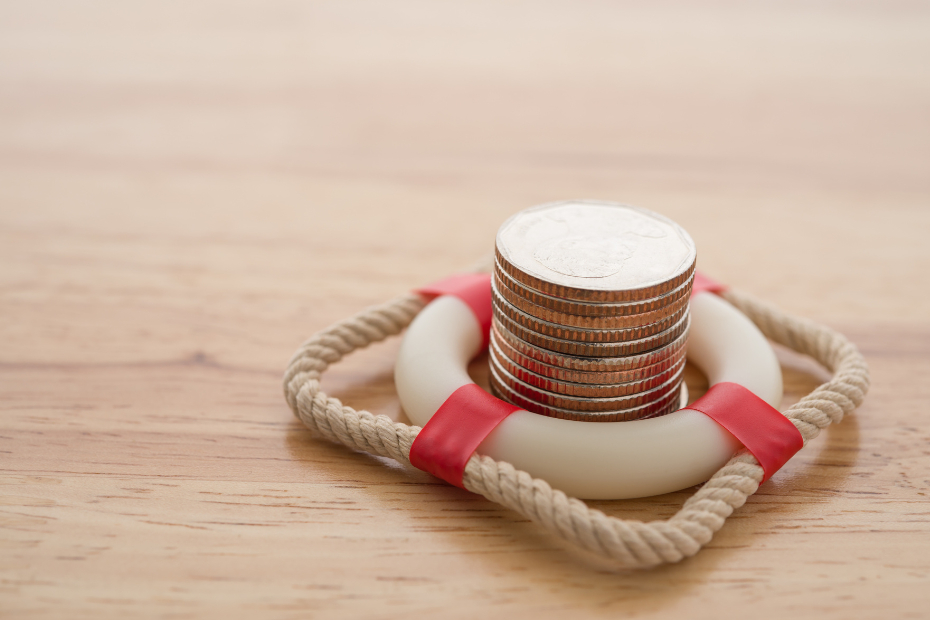Published July 11, 2023 • 3 Min Read
From a leaking roof or a major fender bender to an sudden job loss, life can throw expensive curveballs when you least expect it. Building an emergency fund is the best way to prepare for unexpected expenses — and something financial experts agree is an essential part of a healthy financial plan.
Here are answers to the top 3 questions about emergency funds.
1. Why is an emergency fund important?
-
To avoid debt: When surprise costs pop up, and you’re strapped for cash, it may feel easy to cover them with a credit card. But, if you can’t pay off the expense right away, the debt could continue to grow due to interest charges. Having a fund ready may save you from the extra cost of carrying debt long term.
-
To give you peace of mind: Research shows about half of Canadians lose sleep over money. Having an emergency fund in place can help offer peace of mind. It’s a financial safety net that may protect you from financial hardship down the road.
-
To preserve your long-term savings: When faced with emergency expenses, some people pull from retirement savings or education funds. This can jeopardize your future plans and life goals. An emergency fund can preserve your savings for the life events they’re meant to cover.
2. How much should I save?
The exact amount you should save will depend on your personal situation, but the general rule of thumb is that an emergency fund should cover three to six months’ worth of expenses.
To help figure this out, track your monthly expenses to see how much you should save. Then factor in other costs that may not be included within this period — such as kids’ summer camps, holiday expenses or tax bills that may not occur every month, but need to be accounted for.
While you want the money in your emergency fund to be accessible, it doesn’t need to be sitting in a chequing account. A savings account is a great option because it pays interest and keeps the funds separate from the money you use to cover your day-to-day expenses.
3. How can I start building an emergency fund?
Many Canadians don’t have a lot of extra cash on hand to direct into a savings account, so the idea of building a safety net can seem unrealistic. But there are a few ways you can start building your emergency fund:
-
Set up automatic transfers from your chequing account to a new savings account. It doesn’t have to be much since it will grow over time. This is one of the easiest ways to build your fund. If you time the transfer with your paycheque, you may not even miss the money.
-
Put away a portion of your tax refund. Do you get money back from the government at tax time? If so, consider carving off a bit of that refund for your emergency fund.
-
Set a monthly savings goal. If the above two options don’t work for you, set a savings target to reach each month. It doesn’t have to be a big number — start small and see if you can reach or exceed the goal. When you’re ready, consider raising it!
An emergency fund is an important way to protect yourself against unexpected expenses while keeping your finances intact. Start building it today, and over time you’ll have a fund to help give you the safety net you need to face life’s surprises head-on.
This article is intended as general information only and is not to be relied upon as constituting legal, financial or other professional advice. A professional advisor should be consulted regarding your specific situation. Information presented is believed to be factual and up-to-date but we do not guarantee its accuracy and it should not be regarded as a complete analysis of the subjects discussed. All expressions of opinion reflect the judgment of the authors as of the date of publication and are subject to change. No endorsement of any third parties or their advice, opinions, information, products or services is expressly given or implied by Royal Bank of Canada or any of its affiliates.
Share This Article






